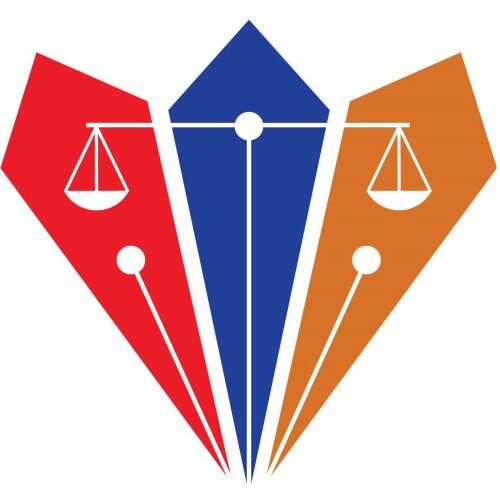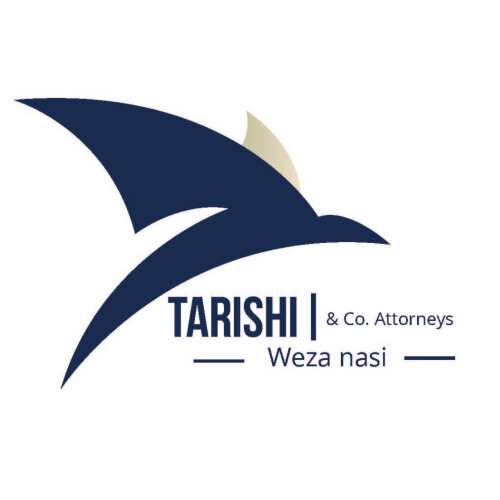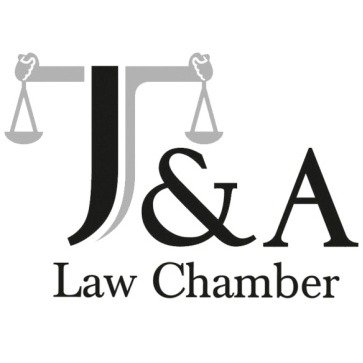Best International Trade Law Lawyers in Tanzania
Share your needs with us, get contacted by law firms.
Free. Takes 2 min.
Or refine your search by selecting a city:
List of the best lawyers in Tanzania
About International Trade Law in Tanzania
International Trade Law in Tanzania governs how goods, services, and intellectual property are traded across borders. It encompasses a range of legal instruments, regulations, and standards that businesses need to comply with, both locally and internationally. Tanzania, as a member of regional trade bodies such as the East African Community (EAC) and the Southern African Development Community (SADC), follows both national laws and regional agreements. Additionally, Tanzania is a member of the World Trade Organization (WTO), which influences its trade policies and regulations.
Why You May Need a Lawyer
In the complex field of International Trade Law, legal guidance is often crucial for navigating the many rules and agreements that impact international business operations. Common situations where one might need a lawyer include:
- Negotiating and drafting international trade contracts;
- Understanding compliance requirements for import and export activities;
- Resolving trade disputes through arbitration or litigation;
- Seeking advice on customs duties and tariffs;
- Assistance with trade-related regulatory compliance;
- Protecting intellectual property rights across borders.
Local Laws Overview
Tanzania's International Trade Law involves various statutes and regulations addressing trade issues. The key aspects include:
- Customs and Excise Duty Act: Governs the collection of duties on imported and exported goods.
- The Standards Act: Directs product standards to ensure quality and safety of goods.
- Imports and Exports Act: Outlines the licensing and control of various imports and exports activities.
- Competition Act: Prevents unfair trade practices and promotes fair competition.
- Intellectual Property Law: Protects patents, trademarks, and copyrights relevant to international trade.
Frequently Asked Questions
What is international trade law?
International trade law covers legal rules and customs governing trade between countries, including import-export regulations, trade agreements, tariffs, and dispute resolutions.
How does Tanzania regulate international trade?
Tanzania regulates international trade through its national legislations and by adhering to international treaties and agreements such as those from WTO, EAC, and SADC.
What are the main bodies governing international trade in Tanzania?
The main bodies include the Tanzania Revenue Authority (TRA), the Fair Competition Commission, and the Tanzania Bureau of Standards.
What are the common issues in international trade law?
These typically include tariff classifications, trade barriers, trade compliance, export controls, and intellectual property disputes.
Is arbitration a viable option for trade disputes in Tanzania?
Yes, arbitration is a common and effective method for resolving international trade disputes outside the court system in Tanzania.
How can a lawyer assist with customs duties?
A lawyer can provide guidance on classification of goods, duty reliefs, exemptions, and reductions applicable under Tanzanian law.
What should I consider before entering a trade agreement?
Consider dispute resolution mechanisms, applicable law, compliance requirements, and potential trade barriers.
What are the penalties for non-compliance with trade regulations?
Penalties may include fines, seizure of goods, revocation of licenses, and legal fees for litigation.
Can foreign investors operate freely in Tanzania?
Yes, but they must comply with local business regulations, investment laws, and trade policies.
How can I protect my intellectual property in international trade?
Through registration of trademarks, patents and by using legal mechanisms such as cease and desist letters, and litigation if necessary.
Additional Resources
For further assistance and information, consider contacting the following organizations:
- Tanzania Revenue Authority (TRA): Offers guidance on customs and taxes.
- Fair Competition Commission: Provides insights on fair trade practices.
- Tanzania Investment Centre: Aids with information on regulatory compliance for investors.
- East African Community (EAC): Offers insights into regional trade regulations.
Next Steps
If you require legal assistance in International Trade Law, start by consulting with an experienced trade lawyer or law firm specializing in international transactions. Gather all relevant documentation about your trade activities for review. Additionally, consider attending workshops or seminars on international trade organized by law firms or governmental bodies to gain a broader understanding.
Lawzana helps you find the best lawyers and law firms in Tanzania through a curated and pre-screened list of qualified legal professionals. Our platform offers rankings and detailed profiles of attorneys and law firms, allowing you to compare based on practice areas, including International Trade Law, experience, and client feedback.
Each profile includes a description of the firm's areas of practice, client reviews, team members and partners, year of establishment, spoken languages, office locations, contact information, social media presence, and any published articles or resources. Most firms on our platform speak English and are experienced in both local and international legal matters.
Get a quote from top-rated law firms in Tanzania — quickly, securely, and without unnecessary hassle.
Disclaimer:
The information provided on this page is for general informational purposes only and does not constitute legal advice. While we strive to ensure the accuracy and relevance of the content, legal information may change over time, and interpretations of the law can vary. You should always consult with a qualified legal professional for advice specific to your situation.
We disclaim all liability for actions taken or not taken based on the content of this page. If you believe any information is incorrect or outdated, please contact us, and we will review and update it where appropriate.
Browse international trade law law firms by city in Tanzania
Refine your search by selecting a city.















